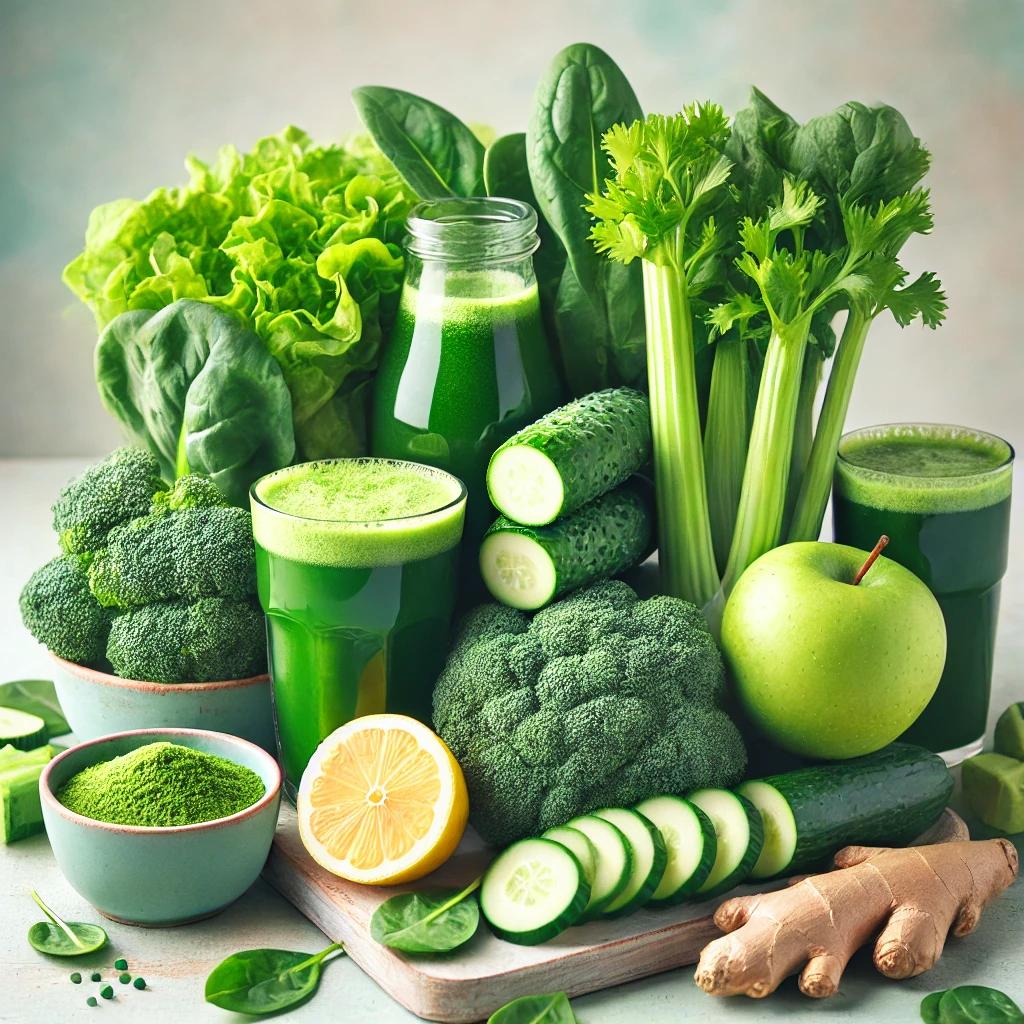How to 'Beat' Cancer: A Holistic Approach
- Date
- 29 July 2024
- Category
- Body
Many people wonder; "How do I beat cancer?". This is a difficult question to answer because there is no 'one-size-fits-all' known to us today.
While contemporary medicine offers one pathway through treatments like chemotherapy and radiation, people across the world have conquered cancer using other approaches or combinations of modern medicine with a more holistic approach. Some healthcare practitioners combine modern medicine with holistic strategies to enhance both the treatment's effectiveness and the patient's quality of life.
I do not wish to advocate for or against any method, but to acknowledge their existence and the multitude of ways that have been used.
The current Western medical system considers cancer treatment successful if the patient remains cancer-free for five years after receiving standard treatments. However, this definition overlooks potential long-term side effects, new cancers, and other chronic illnesses that may develop after the five-year mark. Quality of life often takes a backseat to the length of life in these calculations as well.
For instance, the likelihood of developing a second cancer after surviving the first one can be significant. The risk of developing a second cancer varies by cancer type and the treatments received. Before the five-year mark, the risk is notably higher. For example, in breast cancer survivors, the risk of a second primary cancer is about 4.7% within the first five years and increases to approximately 12.7% by ten years post-treatment. Another study found that among U.S. cancer survivors, the cumulative incidence of a second primary cancer is approximately 14% after ten years.
Beating cancer or conquering cancer can have deeply personal meanings that go beyond the standard five-year survival benchmark used by doctors today. For many individuals, beating cancer is not solely about reaching a statistical milestone but about achieving a state of well-being and quality of life that aligns with their values and goals. It may mean regaining the ability to participate in cherished activities, finding peace and acceptance in their journey, or managing the disease in a way that allows them to live meaningfully and fully. For some, conquering cancer might involve a holistic approach that integrates physical, emotional, and spiritual healing, leading to a sense of empowerment and resilience. Ultimately, the true measure of healing from cancer is unique to each person, encompassing their physical health, emotional satisfaction, and overall quality of life.
Several factors can inhibit cancer cell growth by addressing the conditions that allow these cells to thrive. Key strategies include maintaining balanced body acidity levels, ensuring adequate oxygenation, and reducing inflammation, to name a few.
There is no one single "cancer-fighting" food, but adopting a holistic approach to diet can significantly impact one's health.
An organic whole-food, plant-based diet rich in a variety of colourful vegetables, fruits, nuts, seeds, and legumes is highly beneficial in this regard. For example, consuming more than 30 different plant-based foods weekly can support gut health and provide a wide range of nutrients.
A whole-food, primarily plant-based diet supports the body in regaining balance through several key mechanisms. Firstly, it helps reduce inflammation, a critical factor in preventing the progression of many diseases, including cancer. Plant-based foods are rich in antioxidants and phytochemicals, which combat oxidative stress and inflammation at the cellular level. Secondly, such a diet aids in managing acidity levels in the body. Many plant-based foods, particularly vegetables and fruits, are alkaline-forming and can help neutralise excess acidity, creating an environment less conducive to cancer cell growth.
Additionally, a plant-based diet supports a healthy microbiome—the diverse community of microorganisms in our digestive system. Fiber-rich foods like legumes, whole grains, fruits, and vegetables provide essential nutrients for beneficial gut bacteria, promoting a balanced microbiome. A healthy microbiome is linked to improved immune function and reduced inflammation, which are crucial for overall health and cancer prevention.
Lastly, by fostering a balanced microbiome, a plant-based diet indirectly supports mitochondrial health. The mitochondria, known as the cell's powerhouse, rely on nutrients from the food we eat to function efficiently. A diet rich in whole, plant-based foods supplies the essential vitamins, minerals, and antioxidants needed for optimal mitochondrial performance, thus supporting cellular energy production and reducing the risk of metabolic diseases, including cancer.
My work is not about curing cancer but about supporting overall long-term health and well-being. The body is an intricate system of energy, and all aspects of health must be considered. This includes dietary changes, improving relationships, managing stress, and ensuring regular physical activity. Change takes time and dedication, but a consistent and holistic approach can lead to significant improvements in quality of life.
Understanding and working with the body's energy is also crucial. Emotional and mental health impacts physical health, and addressing trapped emotions and traumas can facilitate healing. Combining energy work with dietary changes and lifestyle adjustments creates a comprehensive approach to health.
In conclusion, while there is no guaranteed way to beat cancer, adopting a holistic approach that includes modern medicine, diet, exercise, and mindfulness can improve quality of life and potentially inhibit cancer growth. Each person's journey is unique, and it is essential to tailor strategies to individual needs and circumstances.
Sources:
1. American Cancer Society. "Second Cancers in Adults."(https://www.cancer.org/cancer/second-cancers-in-adults.html)
2. Seyfried, Thomas N., et al. "Cancer as a Metabolic Disease: Implications for Novel Therapeutics." (https://www.ncbi.nlm.nih.gov/pmc/articles/PMC3941741/)
3. Warburg, Otto. "On the Origin of Cancer Cells." Science. (https://www.ncbi.nlm.nih.gov/pubmed/13462198)
4. National Cancer Institute. "The Cancer Genome Atlas." (https://www.cancer.gov/about-nci/organization/ccg/research/structural-genomics/tcga)
5. Nature Reviews Cancer. "The Role of the Microbiome in Cancer Development." (https://www.nature.com/articles/nrc.2017.99)
6. Harvard T.H. Chan School of Public Health. "The Nutrition Source: Antioxidants." (https://www.hsph.harvard.edu/nutritionsource/antioxidants/)
7. National Institutes of Health. "Exercise and Physical Activity." (https://www.nia.nih.gov/health/exercise-physical-activity)
8. Mayo Clinic. "Meditation: A Simple, Fast Way to Reduce Stress." (https://www.mayoclinic.org/tests-procedures/meditation/in-depth/meditation/art-20045858)
9. American Gut Project. "Diversity of the Human Microbiome." (https://americangut.org/)
10. National Institute on Aging. "Intermittent Fasting: Benefits and Drawbacks." (https://www.nia.nih.gov/news/research-intermittent-fasting-shows-health-benefits)

The human body is a marvel of interconnected systems, and the nervous system plays a central role in maintaining balance and well-being. Among its two primary divisions, the parasympathetic nervous system (PNS) is vital for promoting relaxation, healing, a...

Sound has been used as a healing modality for centuries, with roots in ancient civilisations. From chanting mantras to the rhythmic beats of drums, sound has been recognised as a powerful force for transformation. In today’s modern world, sound healing com...

Healing Green Power Juice Ingredients Vegetables (80%): - 2 cups kale leaves - 1 cup spinach - 1 cucumber - 2 celery stalks - 1/2 cup broccoli florets - 1/2 lemon (peeled, seeds removed) - 1-inch piece of fresh ginger Fruits (20%): - 1 green apple (for...
The information provided by Luminous Life Care Ltd. on this website is for general wellness purposes in nutrition, detoxing, and mindfulness, and is not a substitute for professional medical advice. Always consult your healthcare provider before making any lifestyle changes.
Luminous Life Care Ltd. makes no guarantees regarding the accuracy or relevance of the information, and does not assume responsibility for any third-party products, services, or practitioners recommended. Use of this site does not establish a coach-client or healthcare relationship. For full details, please refer to our Terms & Conditions and Privacy Policy.